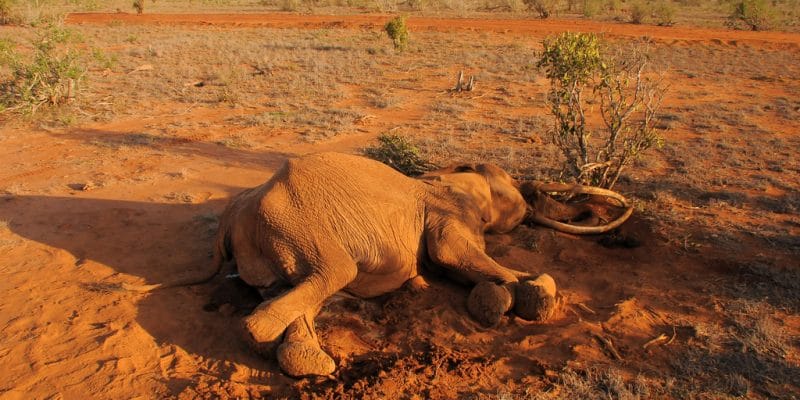Eight elephants in the Lobéké National Park in eastern Cameroon have been shot. Cameroonian authorities report having arrested individuals involved in the trade of elephant tusks. As a result, new security measures were taken to ensure the conservation of wildlife.
Eight elephants were killed in the Lobéké National Park in Cameroon. The eco-guards, with the assistance of the territorial authorities, caught suspected traffickers in a network of ivory tips in Molondou in the Eastern Region. During recent patrols, carcasses of pachyderms were found scattered throughout the park.
The Lobéké National Park consists of equatorial forests and covers an area of 200,000 hectares. With its rich fauna and flora, this park is one of the most diverse in the country. Following this massacre of animals, a measure aimed at strengthening security in the park was taken by the Cameroonian authorities. Three mixed patrol teams supported by the military were set up.
In Cameroon, elephants are protected by law, notably the Cameroonian law on species, which condemns anyone guilty of killing or trafficking in protected wild species. The law provides for a prison sentence of three years and a fine of up to 10 million CFA francs (15,000 euros).
According to the World Wildlife Fund (WWF), in 2012 poachers killed more than 300 of the 400 living elephants at Bouba N’Djida National Park covering 2,200 square kilometres in Cameroon’s northern region. The Cameroonian government has also launched a mechanism to recruit 2,500 additional Eco guards to curb wildlife poaching in the Central African country.
Benoit-Ivan Wansi







